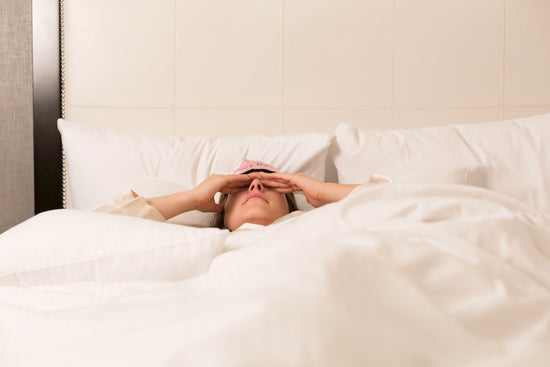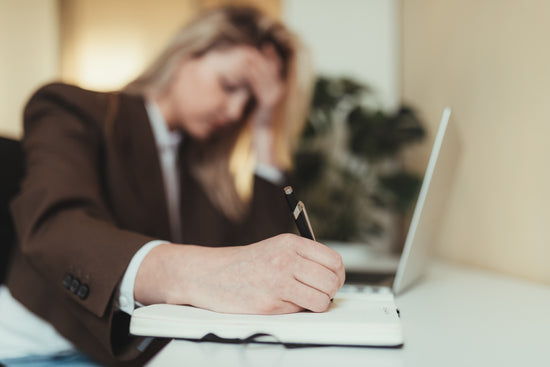DEPRESSION, ANXIETY, AND CHRONIC PAIN
Depression and anxiety are common in people living with chronic pain. Depression is a mood disorder characterised by persistent low mood, loss of interest or pleasure, and reduced motivation. Anxiety involves excessive worry or fear, often accompanied by physical symptoms such as restlessness, poor sleep, increased heart rate, or muscle tension.
Research consistently shows that people with chronic pain are more likely to experience symptoms of depression and anxiety than the general population. These conditions frequently occur together and share overlapping brain pathways with pain, including systems involved in stress regulation, emotion, and threat perception.
Importantly, depression, anxiety, and chronic pain are treatable conditions. Addressing one aspect often supports improvement in the others, particularly when care is coordinated and individualised.
If you have noticed changes in your mood, motivation, sleep, or anxiety levels lasting longer than two weeks, it is important to speak to a member of your healthcare team.
HOW DOES DEPRESSION AND ANXIETY AFFECT CHRONIC PAIN?
Depression and anxiety can interact with chronic pain in several ways:
-

Disrupted Sleep
Poor sleep is common in both depression and anxiety and is strongly associated with increased pain, reduced coping capacity, and fatigue. -

Reduced Self-Efficacy
Persistent low mood and anxiety can undermine confidence in one’s ability to influence health outcomes. Feelings of helplessness and hopelessness can intensify pain and reduce engagement with treatment strategies.
-

Increased Emotional Distress
Pain itself is emotionally demanding. When depression and anxiety are present, emotional distress may intensify, contributing to a cycle of pain, stress, and nervous system dysregulation.
WHEN TO SEEK URGENT SUPPORT
If you have been experiencing persistent low mood, anxiety, or distress for more than two weeks, or if your symptoms are worsening, please reach out for support.
If you are in immediate distress or need urgent mental health assistance, the following resources are available:
Suicide Crisis Helpline: 0800 567 567
Cipla Mental Health Helpline: 0800 456 789 (SMS 31393)
Adcock Ingram Depression & Anxiety Helpline: 0800 70 80 90
Life Path Emergency Number: 072 7900 506
Seeking help is a sign of strength, not failure.
GET SUPPORT
If depression, anxiety, or chronic pain are affecting your quality of life, our interdisciplinary team can help you explore appropriate support options.
Contact one of our therapists or explore our guided movement programmes.
How movement may help:
1. Supports mood regulation
Moderate physical activity can stimulate the release of neurotransmitters associated with improved mood and emotional regulation.
2. Reduces stress physiology
Movement encourages deeper breathing and can help reduce stress hormone levels, supporting nervous system calming.
3. Improves sleep quality
Regular movement, particularly during daylight hours, can help regulate sleep–wake cycles and improve sleep quality.
4. Builds confidence and self-efficacy
Achievable movement goals can restore a sense of capability and progress.
5. Encourages social connection
Participating in group-based or supported movement reduces isolation and supports motivation.
Starting an exercise or movement program while struggling with mood symptoms can be difficult. Support from trained therapists can help you find an approach that is safe, realistic, and tailored to your needs.








